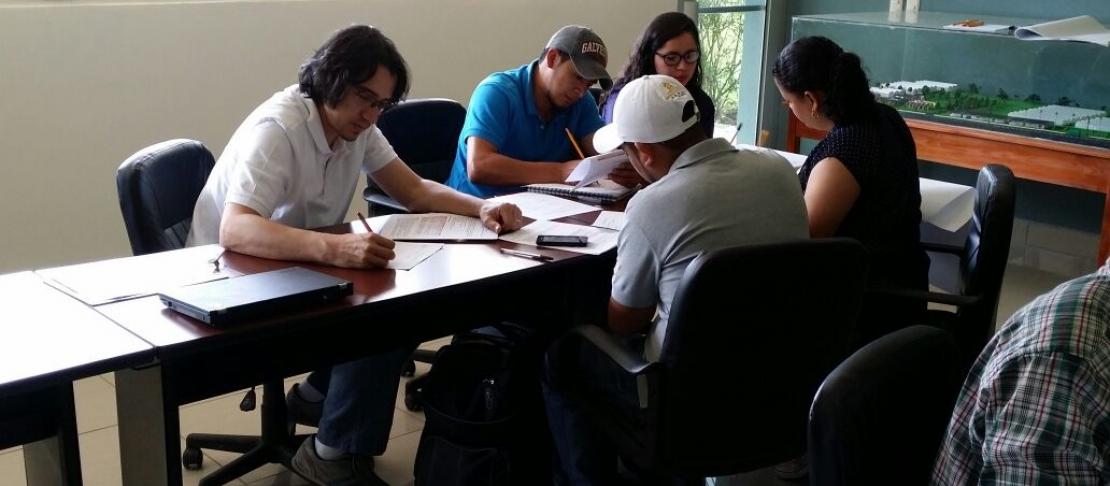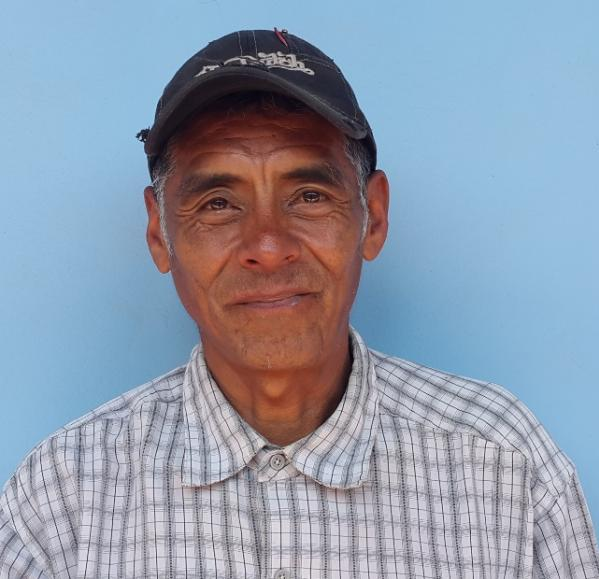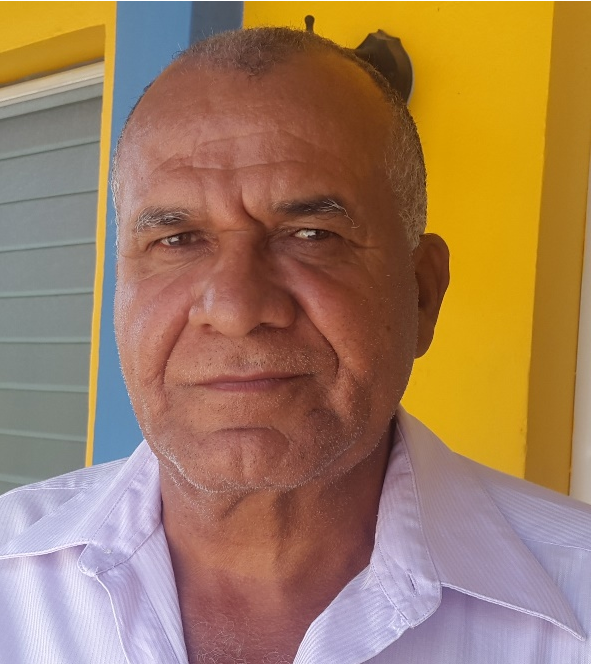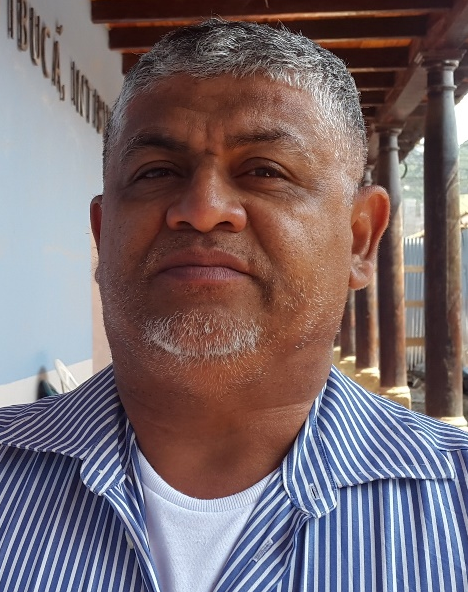Honduras makes progress with Participatory Agroclimatic Committees

What are the Participatory Agroclimatic Committees?
The term refers to an innovative initiative that aims to integrate actors from the agricultural sector at regional and local level in order to inform especially small and medium-size producers about climate change predictions in their region, how these might affect their crops and what they can do to reduce negative impacts.
Who takes part in a Participatory Agroclimatic Committee?
A participatory Agroclimatic Committee is made up of representatives of all the key stakeholders in the regions: government, civil society, non-governmental organizations, international cooperation agencies, professional associations, entrepreneurs, farmers, academics, micro-enterprises, women and youth networks, etc. The committes have an integrative and participative vision, therefore, any interested party can be part of this initiative.
How did the Local Participatory Technical Agricultural Committees come to exist?
The starting point was the exchange of experiences regarding methodologies for providing farmers in Senegal with climate information. This led to the implementation of Local Agroclimatic Technical Committees (LTACs) in Colombia, led by the Ministry of Agriculture and Rural Development (MADR) with the support of CIAT-CCAFS. This initiative served as an example for the Agro-Environmental, Climate Change and Risk Management Unit (UACC&GR) within the Honduran Ministry for Agriculture and Livestock (SAG) to start in 2016, creating several such committees in various departments across the country. Each committee chooses its board of directors, defines its area of influence, mission, vision and operational plan.
 Agroclimatic newsletter
Agroclimatic newsletter
Setting Local Technical Agricultural Committees across the country helped generate regional newsletters for production cycles, which include specific recommendations for the main crops in each region. The newsletters describe the area of influence, patterns in El Nino/La Nina phenomena, seasonal weather and agro-climatic conditions.
Testimonials of participating farmers
 "These trainings are an essential tool as we receive information about weather conditions and we can prepare our crops.”
"These trainings are an essential tool as we receive information about weather conditions and we can prepare our crops.”
Amílcar Pérez, La Esperanza

“Knowing weather conditions helps us know to save water during winter so that we can use it during drought conditions.”
Ángel Gilberto Alemán, Comayagua
 “We should make use of the drought-tolerant seeds that the government makes available for us farmers.”
“We should make use of the drought-tolerant seeds that the government makes available for us farmers.”
Nelson Orellana, Jesús de Otoro
More information:
- Marlon Durón, UACC&GR Coordinator
marlon.duron@yahoo.es Phone 9810 8935 - Tirza Suyapa Espinoza, UACC&GR
espinozasalinast@yahoo.es Phone 9547 0642 - Jose Miguel del Cid, UACC&GR
josedel7@gmail.com Phone 9574 3034 - Paola Martinez, UACC&GR
paola1m@hotmail.com Phone 9510 1015 - Claudia Michelle Barahona, UACC&GR
claumibar@gmail.com Phone 2239 9739 - Diego Obando Bonilla, CIAT-CCAFS researcher
d.obando@cgiar.org Phone 33396147



